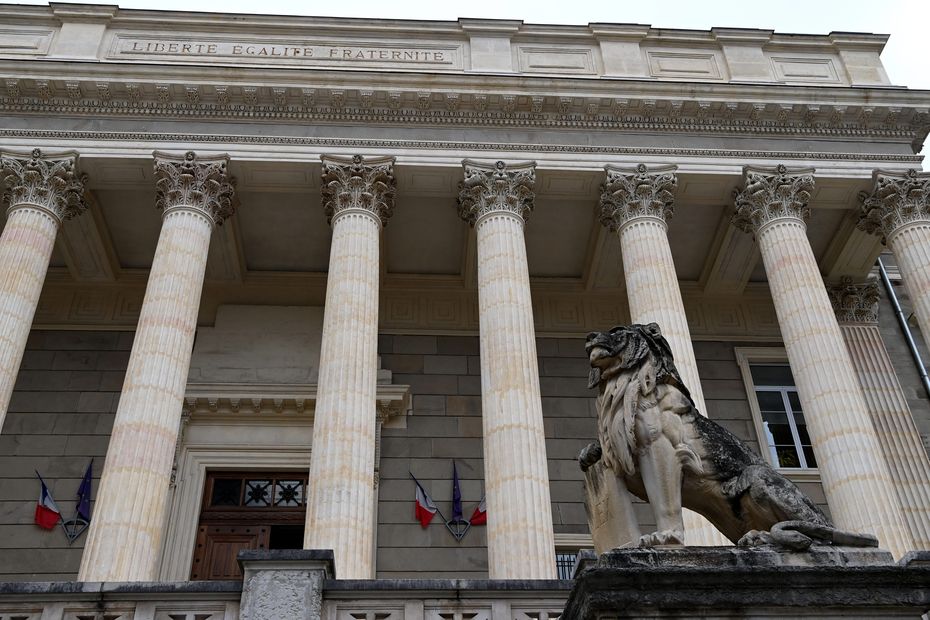Istanbul. Gulfer Ulas is desperate. With the depreciation of the Turkish currency, the doctoral student suffers to buy the texts she needs for her thesis, and even more so the novels she adores. In his country, books have become a luxury.
The publishing sector, dependent on the importation of paper, was hit by the currency crisis, with the risk of silencing the dissonant voices that remain in the country.
The lira has lost a quarter of its value against the dollar in the past year and annual inflation has topped 21 percent, dealing a serious blow to the purchasing power of the more modest Turks.
“The price of books exploded. I study international relations and spend more than a thousand lire (97.5 dollars) a month on books, ”Ulas told a bookstore in downtown Istanbul. The amount is equal to one third of the Turkish minimum wage.
“Reading novels is one of my passions, added the thirty-year-old, with a work by the German Thomas Mann in hand. But this entertainment has an exorbitant cost: “the first edition of this book cost 33 lira, now it is close to 70.
“Before I liked to buy several copies of the books to give to my friends, but now it is very expensive,” Ibrahim Ozcay lamented. “They say it is because of the shortage of paper. I’m not surprised, in Turkey everything is imported ”.
Over the course of a year, “the price of paper went from $ 700-800 to $ 1,500” per ton, an increase that had an impact on bookstores, explained Haluk Hepkon, owner of publisher Kirmizi Kedi.
Imagine that you publish a book that costs 30 liras. If it sells well and is reissued a week later, the price will go up to 35, and God only knows how much it will cost after a third or fourth reprint, “added the publisher.
“Ultimately, people will be forced to focus on the essentials and forget the books,” fears Hepkon, who believes the publishing industry is at risk of “bottoming out” in a country where book sales are traditionally low.
Another possible consequence is that companies in financial difficulties choose to publish less.
Some publishers have already apologized to their readers for not publishing certain recent works due to high costs.
Turkey imports about $ 3 billion annually in paper, according to a 2018 study by the Istanbul Chamber of Commerce.
The price of paper pulp has risen around the world, but the situation is especially difficult in Turkey after the privatization and dismantling of the country’s main paper group in 2000, said Kenan Kocaturk, president of the Turkish Publishers Association.
For him, “Turkey is paying the price of not having seen paper as a strategic good.
“The Turkish stationeries were sold and only two of them continue to produce. Of the others, the machines were transferred at scrap metal prices and the land sold ”, claimed Kocaturk.
“The book crisis touches all sectors. Unfortunately, Turkey stopped producing raw materials and intermediate goods many years ago, ”explained economist Murat Sagman.
For Rober Koptas, from the Aras publishing house in Istanbul, the bookseller sector will suffer even more when due to the crisis some Turks find it difficult to have their daily food.
“Many publishers stopped or reduced the printing of texts … People who work in the sector, workers, typographers, office workers, editors or translators are going to suffer the financial consequences.”
According to Koptas, those who remain in this industry are part of a bastion of political “resistance” in Turkey, where “almost all of the press speaks with the same voice and where universities have been reduced or silenced.
“Each publisher gives a voice to the country’s intellectual diversity,” insisted Koptas, who fears that its weakening “will accentuate the cultural decline.”
For Haluk Hepkon, “the cultural sector is as important as food. People need to be educated so that they can solve their economic problems ”.
–


